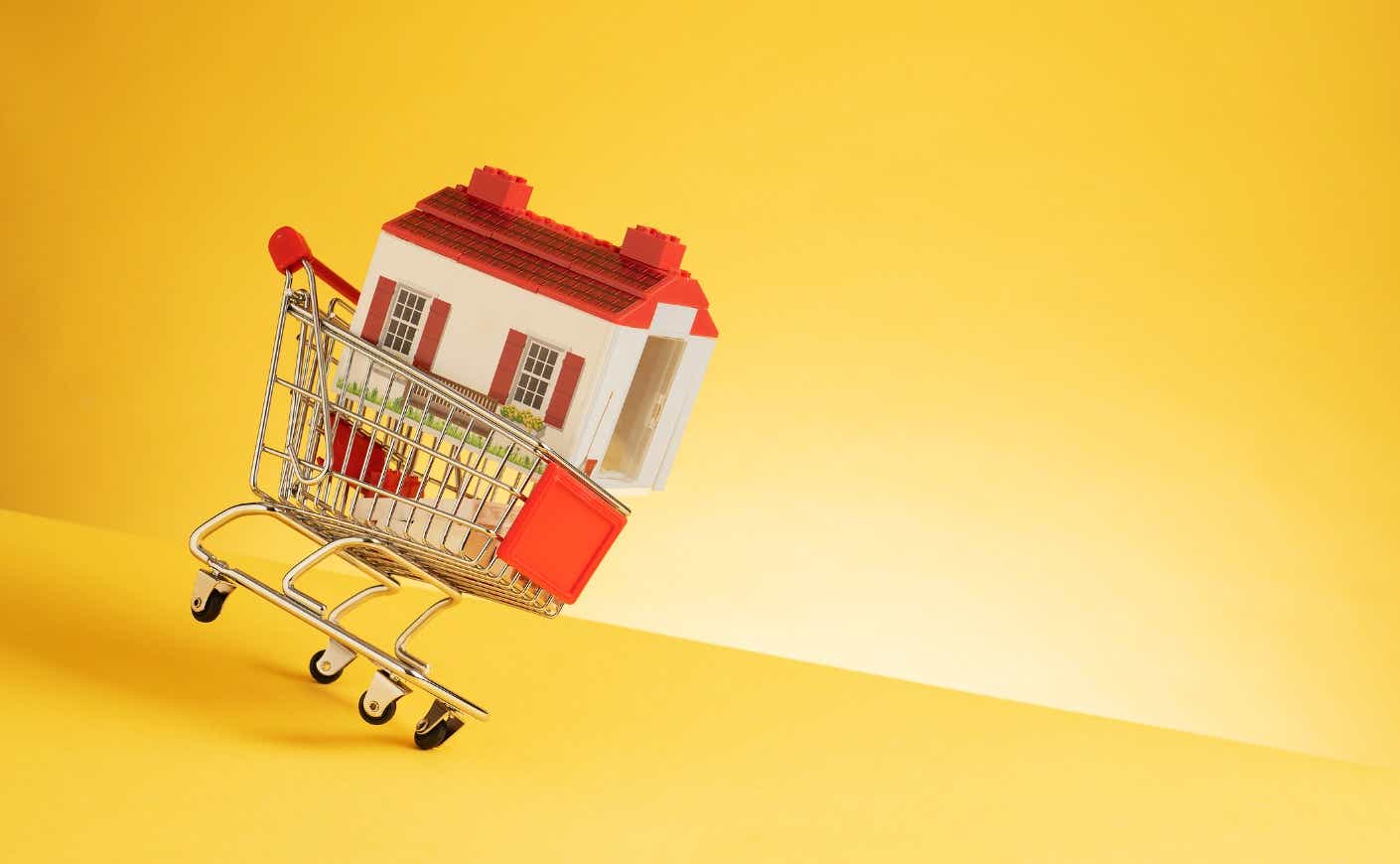As you've probably noticed, the housing market isn't looking super-welcoming at the moment. Rising interest rates throughout the latter part of the pandemic have meant mortgages are increasingly expensive, and they show no signs of slowing. The Federal Reserve is likely to raise rates even more to combat inflation, keeping mortgage costs high, and adding pressure to an already packed rental market.
Inflation aggravates soaring mortgage rates
As the New York Times notes, many people who might've otherwise been looking to buy their own home will be priced out. To compound everyone's frustration, rent-related costs constitute almost a third of the Consumer Price Index inflation measure, so anything that keeps them rising more quickly than usual is also likely to feed into greater inflation.
The 30-year fixed-rate mortgage averaged 5.3 percent last week, according to Freddie Mac — a slight reduction from 5.7 percent the week before. The drop, fueled by recession concerns, offers potential buyers some relief, but the rate is still landing significantly higher than it was at this time last year, when it sat at about 2.9 percent. According to new research published by JP Morgan, home prices are forecast to increase by 12.5 percent this year — less than the 2021 rise of 20 percent, but still a major uptick.
The report foresees little risk of a market correction, which tallies with what other experts are seeing.
“As of now, most data, like the nation’s low mortgage delinquency rate or the record amount of equity that homeowners are sitting on, still indicates that the majority of homeowners across the country are in a good place to keep up with their payments and aren’t at serious risk of defaulting on their loans,” Jacob Channel, a senior economist at LendingTree, told MarketWatch.
Rent prices continue to rise
Rental prices, meanwhile, are soaring. According to Apartment List, annual rent growth is currently an eye-watering 14.1 percent — down from its 17.8 percent peak at the beginning of 2022, but still well above what was considered normal before the pandemic. Rents have increased in 97 of America's largest cities in July so far, with prices in New York accelerating fastest. Vacancies have dropped dramatically, and new builds have taken much longer than usual to complete amidst shortages of labor and difficulty obtaining materials over the pandemic. As the New York Times points out, rental blocks also tend to fall on the more expensive end of the market, so their completion is unlikely to provide relief for the vast majority of renters.
A glimmer of hope for buyers — though be warned
There is a little hope though, as more homes hitting the market may cool things down on the supply end, giving buyers some fractional relief on price.
"With more homes on the market, sellers are being forced to compete on prices," Joel Berner, Realtor.com's senior economic research analyst told CNN. "Though the cost of financing a home remains high relative to recent years, buyers will have more chances to find homes in their price range as the undersupplied and overheated housing market starts to cool."
That being said, spiking interest rates have hit borrowing hard, reducing buyers' purchasing power as they confront significantly higher repayments on fixed-rate mortgages. These increases can amount to several hundred dollars more per month on a relatively cheap property, rising to the thousands for homes valued at more than a million dollars.









